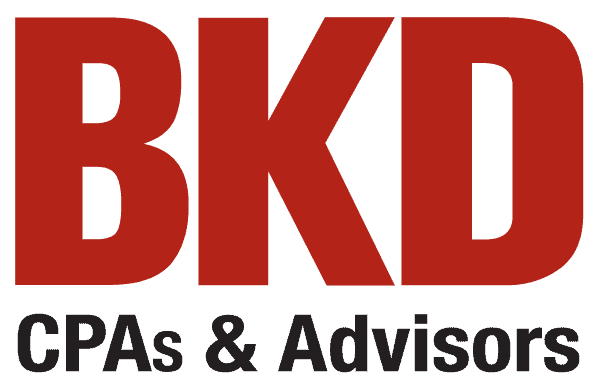
Treading Carefully In Housing Finance Reform
Brought to you by BKD, LLP

The financial industry should handle reforms that may end government conservatorship for Fannie Mae and Freddie Mac with care so that they do not disrupt liquidity.
These government-sponsored entities (GSE) have been under U.S. government conservatorship since the 2008 recession. The government guarantees more than 60% of home loans in the United States through mortgage-backed securities (MBS) issued by these and other agencies (agency MBS). In March, President Donald Trump’s administration directed the Department of the Treasury to develop a plan for ending the GSE conservatorship.
Blueprint for GSE Reform
The Treasury released its blueprint for ending the GSE conservatorship in September. Industry advocates such as the American Bankers Association, Independent Community Bankers of America and Mortgage Bankers Association all released statements mostly in support of the Treasury plan. These industry advocates are seeking:
- Continued
accessibility to the mortgage market for borrowers of all income levels; - Explicit guarantees,
fully priced and transparent, for all MBS issuers; - Appropriate
capitalization and liquidity standards for Fannie Mae and Freddie Mac; - Consistent regulation,
including underwriting standards, for MBS participants; - Preservation of the
Federal Home Loan Bank advance programs; and - Preservation of the to-be-announced (TBA) market and “cash
window.”
TBA Securities
The housing finance market has long benefited from a trading convention unique to the agency MBS, called TBA forward trades, or TBAs. Also known as lender swaps, TBAs are the most common type of mortgage securitization transaction, accounting for over 90% of agency MBS trades.
They are called TBAs because the particular securities being traded are not known at the time of the trade: the securities are to be announced just before delivery. In fact, the loans underlying the securities in many cases have not yet been originated. Only agency MBS, including those issued by the GSEs, are TBA eligible.
The GSE Advantage
Agency MBS and TBAs are made up of GSE conforming loans, and are exempt from the U.S. Securities and Exchange Commission’s registration requirements. In a TBA trade of an agency MBS, only six general parameters – price, par, coupon, issuer, maturity and settlement date – must be known at the trading date. A mortgage lender that is originating high volumes of GSE-conforming loans can lock interest rates, hedge their interest rate risk and sell loans into agency MBS pools using TBAs. Smaller lenders that do not use TBAs also still benefit from the GSE advantage by using the GSE cash window.
That compares with private-label securitizations (PLS), which require compliance with SEC rules and significant loan-level disclosures. The hangover from the 2008 recession all but eliminated the PLS market; it now only accounts for a small share of the housing finance market.
Level the Playing Field?
Community banks insist that any GSE reform plan ensures a level playing field so that banks of all sizes can participate in the housing markets. To address this, the Treasury plan would prohibit volume-based guarantee fees by MBS issuers. The Treasury plan also calls for requiring any new guarantor of single-family mortgages to establish a cash window that offers smaller lenders the ability to sell mortgages, with or without retaining servicing rights.
However,
the Treasury plan also suggests that the GSEs themselves be put on a more level playing field with PLS issuers and
new guarantors. This could potentially require more loan-level disclosures for
all MBS issuers, including the GSEs. If not handled carefully, this provision could
be disruptive to liquidity.
When
discussing the level playing field
concept, be careful what you ask for. The preservation of the TBA market and
cash window will depend on how the GSE reform is implemented.
Good Delivery
In June, the GSEs finalized their uniform mortgage-backed security (UMBS), which is a single security that replaces the former separate Fannie Mae and Freddie Mac TBA-eligible securities. Many community bankers favor perfecting the UMBS single security model, and keeping what works for the GSEs, to ensure the TBA market and cash window stay open.
The
Treasury and industry have recognized the importance of preserving the cash
window for MBS transactions, but there are some details that still need to be
worked out. Bankers should consult with their trade associations and
representatives to express their views.
This
article is for general information purposes only and is not to be considered as
legal advice. This information was written by qualified, experienced BKD
professionals, but applying this information to your particular situation
requires careful consideration of your specific facts and circumstances.
Consult your BKD advisor or legal counsel before acting on any matter covered
in this update.
Article
reprinted with permission from BKD CPAs & Advisors, bkd.com. All rights reserved.


